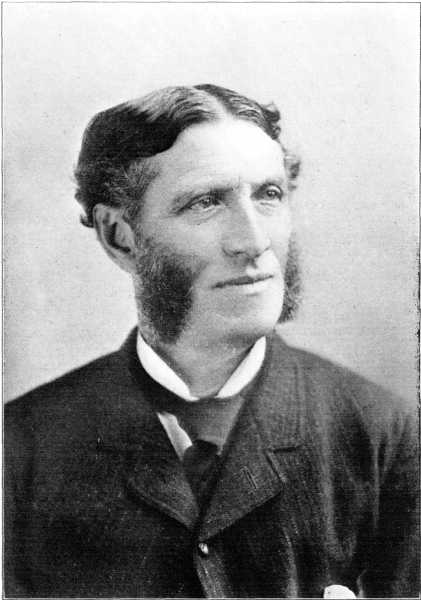In the fields of philosophy and æsthetics, the term philistinism describes the social attitude of anti-intellectualism that undervalues and despises art, beauty, spirituality, and intellect; "the manners, habits, and character, or mode of thinking of a philistine". A philistine person is the man or woman who is smugly narrow of mind and of conventional morality whose materialistic views and tastes indicate an indifference toward cultural and æsthetic values.
Since the 19th century, the contemporary denotation of philistinism,
as the behaviour of "ignorant, ill-behaved persons lacking in culture or
artistic appreciation, and only concerned with materialistic values"
derives from Matthew Arnold’s adaptation to English of the German word Philister—as applied by university students in their antagonistic relations with the townspeople of Jena,
Germany, where, in 1689, a row resulted in several deaths. In the
aftermath, the university cleric addressed the town-vs-gown matter with
an admonishing sermon "The Philistines be upon thee", drawn from the Book of Judges (Chapter 16, "Samson vs the Philistines"), of the Tanakh and the Christian Old Testament.





No comments:
Post a Comment